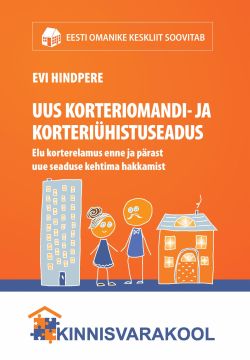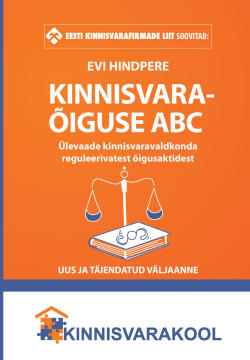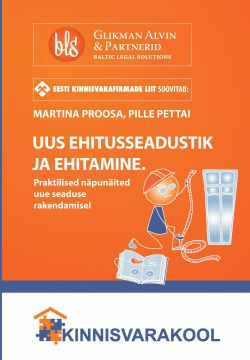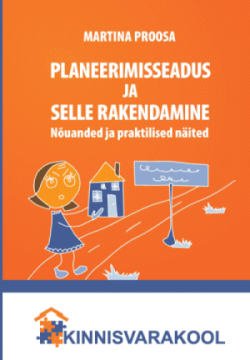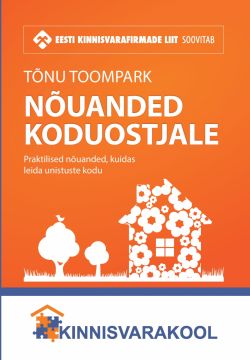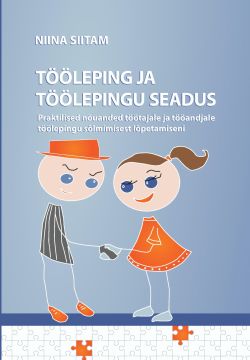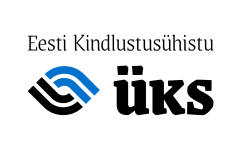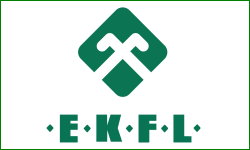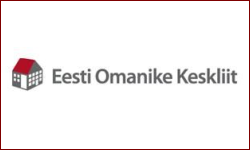 Wage growth remained rapid in the second quarter at around 8%, over the year.
Wage growth remained rapid in the second quarter at around 8%, over the year.- We expect average gross wage to rise by around 5% in 2017.
In the 2nd quarter of 2016, the average monthly gross wage was 1,163 euros in Estonia, up by 7.6% over the year. Net average wage grew even faster, by 8.3% in real terms, due to a decline in consumer prices. The growth of gross wages will probably remain fast in the remaining months of the year.
The rapid growth in average wage is supported by a lack of suitable labour, a 10% increase in minimum wage, a political agreement to raise the wages of teachers and healthcare workers, and strong domestic consumption that lifts the sales of enterprises selling their products and services in the domestic market. A surge in irregular bonuses and premiums added another 0.3 percentage point to average gross wage growth. Average gross wage increased in all sectors, except mining, which has been hurt by low energy prices.
Estonian enterprises have handled the combination of low export demand, falling output prices, and strong wage growth relatively well, at least so far. In the longer term, too fast growth of wages increases macroeconomic risks as too fast growth in unit labour costs could result in lower exports, investments and profitability, which means smaller buffers for potential negative shocks.
Wage growth will remain fast, however (around 5% in 2017), as the lack of suitable labour remains a concern. An agreed 9% increase in the minimum wage in 2017 will lift the average wage level by around 0.5% next year. The growth of wages in real terms will slow in 2017, as nominal growth of wages will be somewhat slower and prices will grow.





